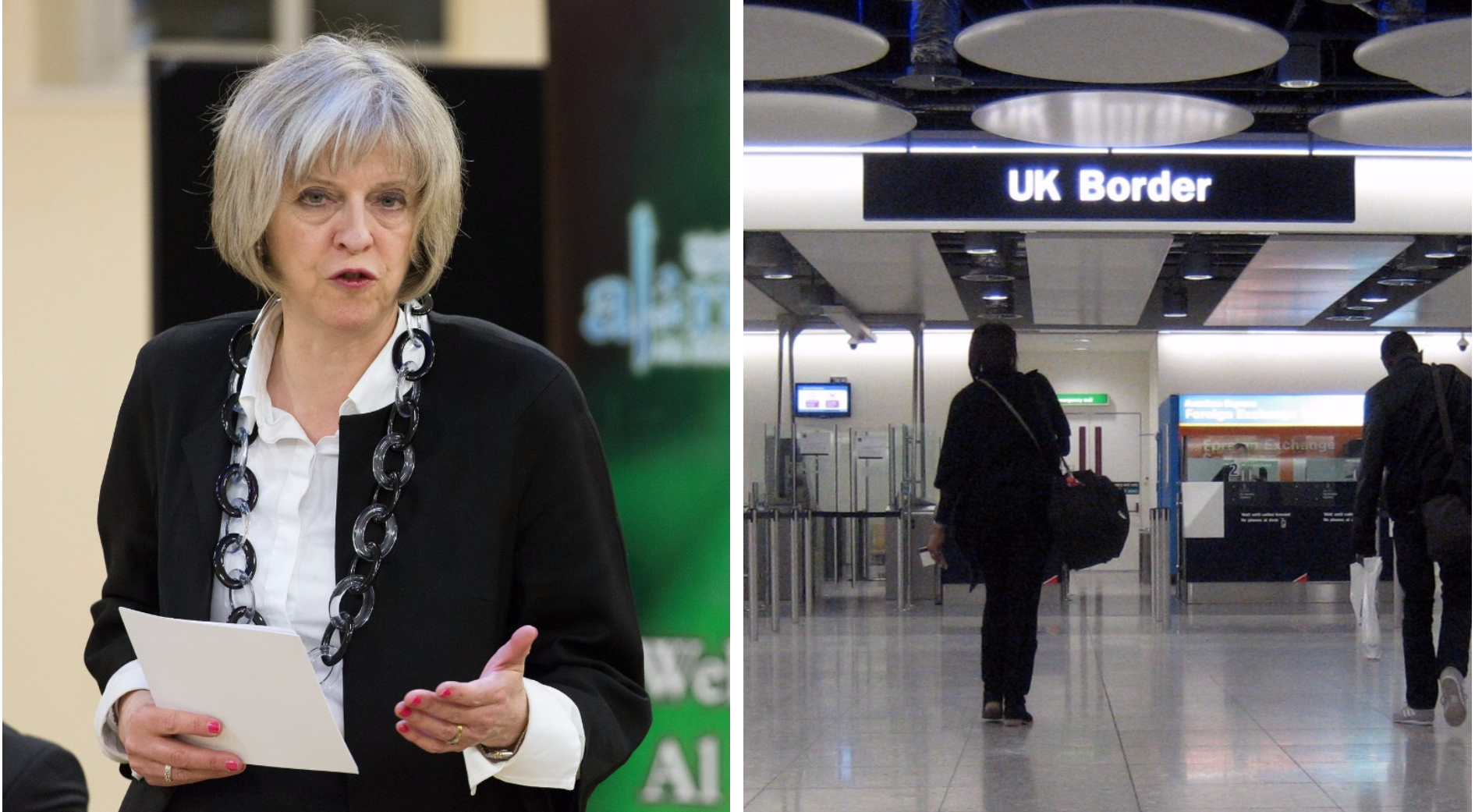Prime Minister Theresa May has suggested that free movement of people between the UK and EU could continue after Brexit talks have officially concluded.
Speaking during a trip to the Middle East, Mrs. May said there would need to be an “implementation period” after any deal was struck, to allow businesses and governments a period of time to adjust to any new restrictions.
However, she stressed that control over borders and immigration was “part of the [Brexit] vote”, and that the Government would deliver on these promises.
The Right to Free Movement

Currently, as part of their EU membership, all British citizens are free to travel, work and live in any other European Union member state. Similarly, those from other EU countries are free to travel, work and live in the UK.
You don’t therefore need a visa or any special permission to enter the UK, but you do still need a passport, as we have borders and customs at our airports and international rail and ferry terminals.
At the moment there are more than three million EU nationals living in the UK. There are more than a million British people living in other EU countries, most of them in Spain.
However, once we officially leave the European Union, there’s no guarantee this will still be the case. New rules will have to negotiated about how we travel between the UK and the EU.
A Transition Period?

The Joint Committee on Human Rights have previously warned the Government that fundamental rights, such as whether EU nationals can continue to live in the UK, are not a bargaining chip. The Government, however, has yet to set out a plan for how our borders will work post-Brexit.
When asked directly if she would “rule out free movement in any transitional period once we leave the EU”, Mrs. May said:
You’ve used the phrase transitional phase; I have used the phrase implementation period. If you think about it, once we’ve got the deal, once we’ve agreed what the new relationship will be for the future, it will be necessary for there to be a period of time when businesses and governments are adjusting systems and so forth, depending on the nature of the deal, a period of time during which that deal will be implemented.
Freedom of movement was a key issue in the EU referendum, with many in the Leave campaign wanting to stop freedom of movement immediately.
The Labour Party have accused Mrs. May of trying to “downplay expectations”, although the Prime Minister insists this would just be an “implementation period” for businesses to adjust to new rules.
Want to know more about this kind of stuff?
- UK citizens should keep their EU rights after Brexit, according the chief EU negotiator
- Read our feature on how Brexit could affect our human rights
- See this news piece on how fundamental human rights aren’t a Brexit bargaining chip







